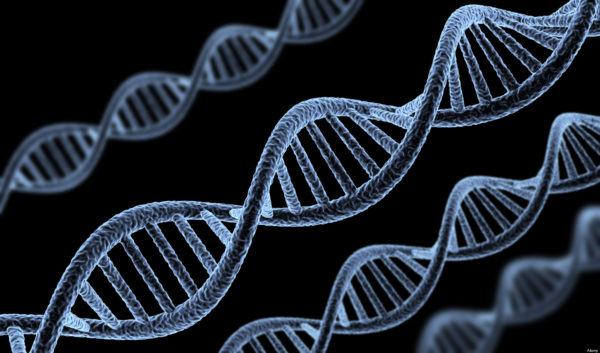You may remember news circulation in 2014 about an article in the journal of Social Cognitive and Affective Neuroscience that spoke about the identification of a gene variation that heightened the tendency to experience, as researchers put it, “global relationship satisfaction, perceived partner responsiveness and positive emotions (particularly love)” or something we think of as gratitude. That’s right, heightened sense of gratitude can be simply a genetic mutation. Man, that is a bummer, right? You’re either grateful or doomed to be unfulfilled and unsatisfied by the events and people around you.
Or gratitude can be something practiced and perfected; gratitude can be something we consciously choose to express daily. There is compelling research from researchers at UC Davis and the University of Miami that proved just that in 2003. Just as there are some people born with talents and others that work rigorously to earn them, so is that feeling of gratitude. With small events, we can show our appreciation, whether spoken, acted out, or quietly acknowledged to ourselves, working our way to bigger events and people so we can express our gratitude more personally and sincerely. The first step is to recognize that gratitude is like a muscle, the more you use and express it the easier it becomes to find the things to be grateful for around you.
While there may be a genetic mutation that causes individuals to be more grateful there is also clear research that shows the latter argument, gratitude can be learned if practiced. Since I have no control over my genes and any mutation that might occur, I’ll choose to be grateful and to practice gratitude with words, thoughts, and actions.
Laura Moon, Site Director El Sistema Oklahoma



